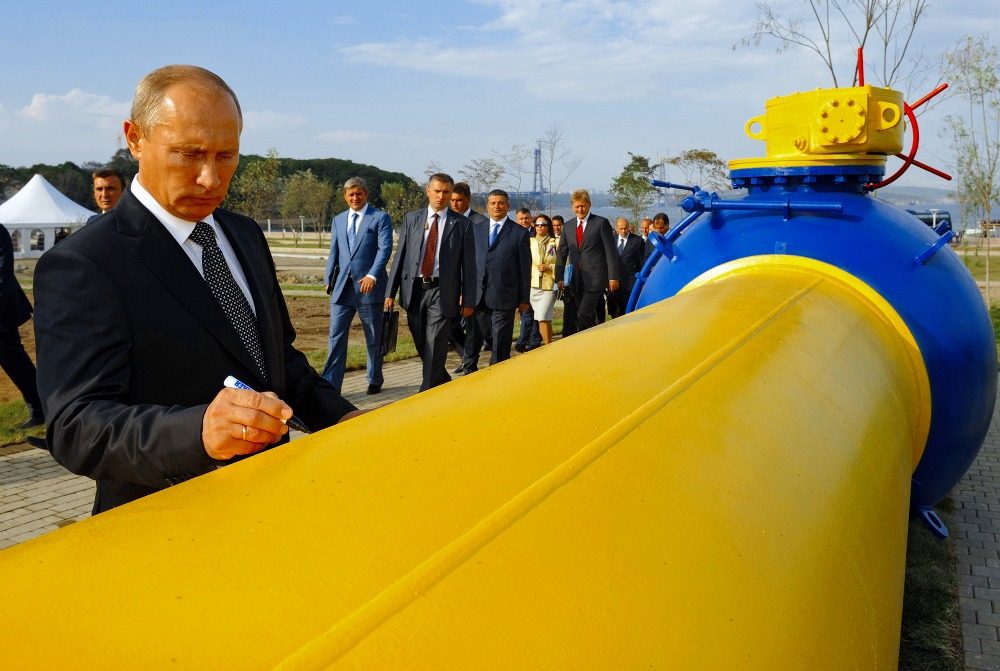From 2011 to 2015, the European Commission (EC) took action on natural gas markets in Central and Eastern Europe, including initiating an investigation against Gazprom regarding gas supplies to eight member states: Bulgaria, the Czech Republic, Estonia, Lithuania, Latvia, Poland, Slovakia and Hungary.
On April 22, 2015, the EC sent a letter to Gazprom accusing it of abusing its dominant position in the wholesale gas supply market in these countries.
According to the Commission, the company imposed territorial restrictions in gas supply agreements with wholesalers and some industrial customers. These restrictions allowed the Russian company to charge excessive prices in Bulgaria, Estonia, Poland, Latvia, and Lithuania.
According to the EC, Gazprom also made gas supplies to Bulgaria and Poland dependent on obtaining certain assurances from wholesalers regarding gas transmission infrastructure. This included Polish state-controlled oil and gas company PGNiG, accepting Gazprom’s increased control over investment management on the Polish section of the Yamal-Europe pipeline, one of the main transit gas pipelines in Poland.
In response to the EC’s allegations, Gazprom presented a formal draft of commitments to change these practices, which the Commission accepted. This ended the proceedings against the Russian company, with Gazprom avoiding any high financial penalties.
PGNiG, dissatisfied with the EC decision, filed a complaint to the EU General Court against the decision of the EU institution.
On Feb. 2, 2022, the General Court of the EU dismissed the complaint, finding that the EC decision was not vitiated by the alleged procedural or substantive errors. PGNiG then appealed the decision to the Court of Justice of the European Union (CJEU).
In a judgment issued on Thursday, the CJEU dismissed the appeal brought by Orlen – which took over PGNiG in 2022 – as unfounded. It found, among other things, that Orlen had failed to demonstrate that the Commission had made an error in the decision concerning Gazprom.
“Orlen SA’s presentation of abstract reasoning based on the accumulation of alleged errors of the Commission, without demonstrating their specific significance for the case, does not meet this requirement. In particular, the fact that the remedies approved by the Commission, aimed at restoring fully competitive conditions, did not produce immediate effects or did not meet the subjective expectations of (the company) Orlen, does not allow for the conclusion that the Commission’s decision was burdened with errors that the Court did not notice,” reports wpolityce.pl.
The Court also found that – contrary to Orlen’s claims – when issuing the disputed decision, the EC had duly taken into account and respected the principle of energy solidarity, striving to ensure, among other things, the free cross-border flow of gas and that the prices of this raw material in the countries of Central and Eastern Europe did not differ from Western European competition indicators.






